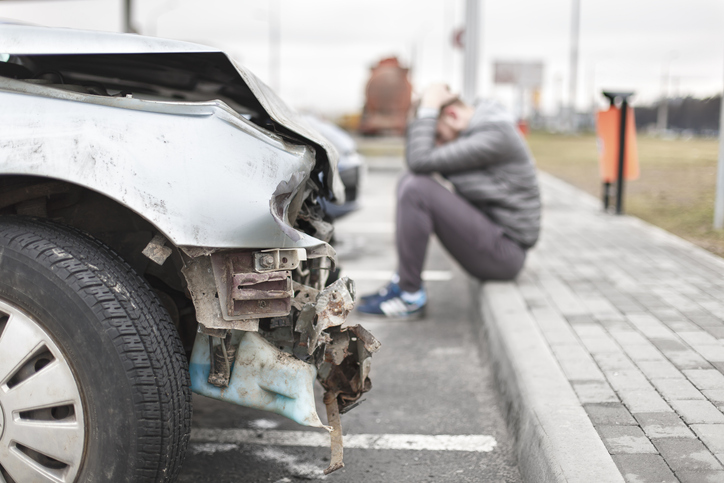
Driving across the country can be a wonderful experience. There’s nothing quite like the open road, the sense of adventure, the fresh air. But every road trip has its share of risks, including getting into an accident out of state.
When you’re involved in an accident in a state where you don’t reside, your legal situation can quickly get complicated. You may be wondering, “What do I do next?” Fortunately, Ipson Law is here to discuss your legal options and protect your rights.
What to Do After an Accident with Out of State Driver
Many of the steps you should take after an accident while driving out of state are the same as you would if you were involved in an accident in Utah. Regardless of what state you’re in, we recommend that you:
- Check yourself and your passengers for injuries. If anyone involved in the accident is hurt, call 911 immediately.
- Call the police if necessary.
- Assess damages and, if possible, take pictures and get witness contact information.
- Exchange your information with the other driver.
- Contact your insurance, and notify them that the accident occurred out of state.
- Contact an experienced personal injury attorney.
“No-Fault” vs. “At-Fault” States
The laws in the state where the accident occurred can influence the filing of an insurance claim, reporting an accident, and your legal options.
Generally, drivers determined to have caused the accident are financially responsible. Most states use an “at-fault” insurance system, including Utah. In these states, insurances pay for damage and medical claims based on the fault of each party.
In a “no-fault” state, each driver’s own insurance covers the cost of damages, medical expenses, lost wages, etc. Since fault doesn’t need to be determined, insurance claims usually proceed faster. However, these states may have limitations and thresholds that must be met to file a lawsuit against an at-fault driver. In these cases, it becomes imperative that you contact an attorney as soon as possible to assess your case.
Filing a Police Report and Insurance Claim
You may want to contact the police after an accident out of state. You might not be required to call the police if no one was injured in the accident and damage to the vehicles is minor. However, we strongly recommend that you always call the police to report an accident, especially if your insurance requires you to do so.
The amount of time you have to report an accident can vary by state, so we recommend that you report as quickly as possible. While most insurers do not require you to file a police report before filing a claim, some do. If you don’t file a report, you’ll need to provide your insurer information like:
- The location, date, and time of the accident.
- The name, contact information, and insurance information of other involved individuals.
- Details of the accident and sustained damages and injuries.
- The names and contact information of any witnesses.
Contact Ipson Law After an Accident With Out-of-State Driver
If you’ve been involved in an accident while driving out of state, you may be unsure of what to do next. But don’t worry because you don’t need to navigate a complicated legal situation alone.
Our personal injury lawyers at Ipson Law are well-versed in even the most complex cases. While every case is unique, our priority is to provide you with legal guidance, compassion, and fair compensation for your injuries, losses, and damages.
If you’re looking for legal assistance after an accident, contact Ipson Law for a free consultation.

Michael is an attorney who started Ipson Law because of his passion for personal injury law. He graduated with a Juris Doctorate degree from McGeorge School of Law in Sacramento, CA. Learn more about Michael on our about us page, and contact Ipson Law to find out how we can help you.

